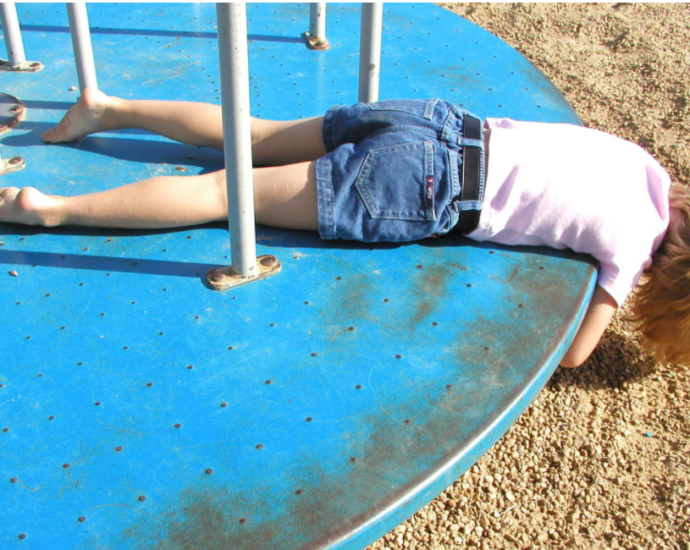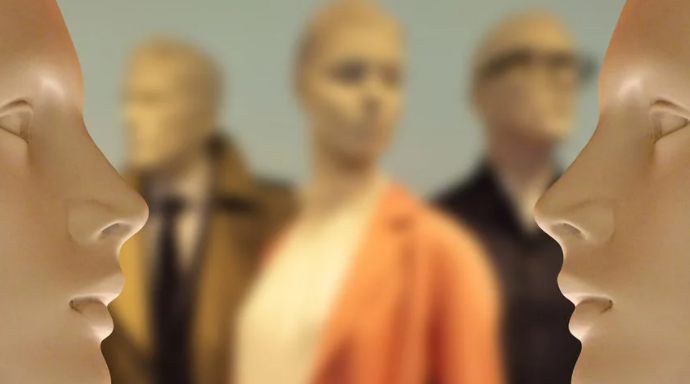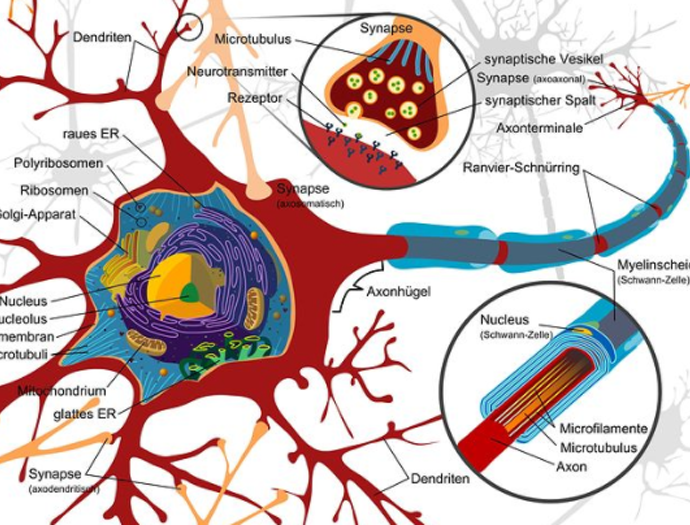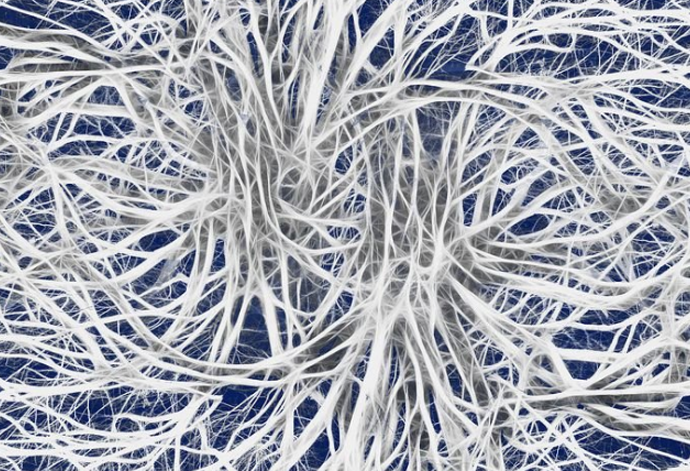Real and Unreal Memories
Our memory is both reconstruction and reproduction. We can’t always be sure whether a memory is real by how real it “feels.” Much of perceptual illusion may seem real. But unreal memories also feel like real memories. Most memories therefore have the potential to being incorrect or changed because ofContinue Reading










